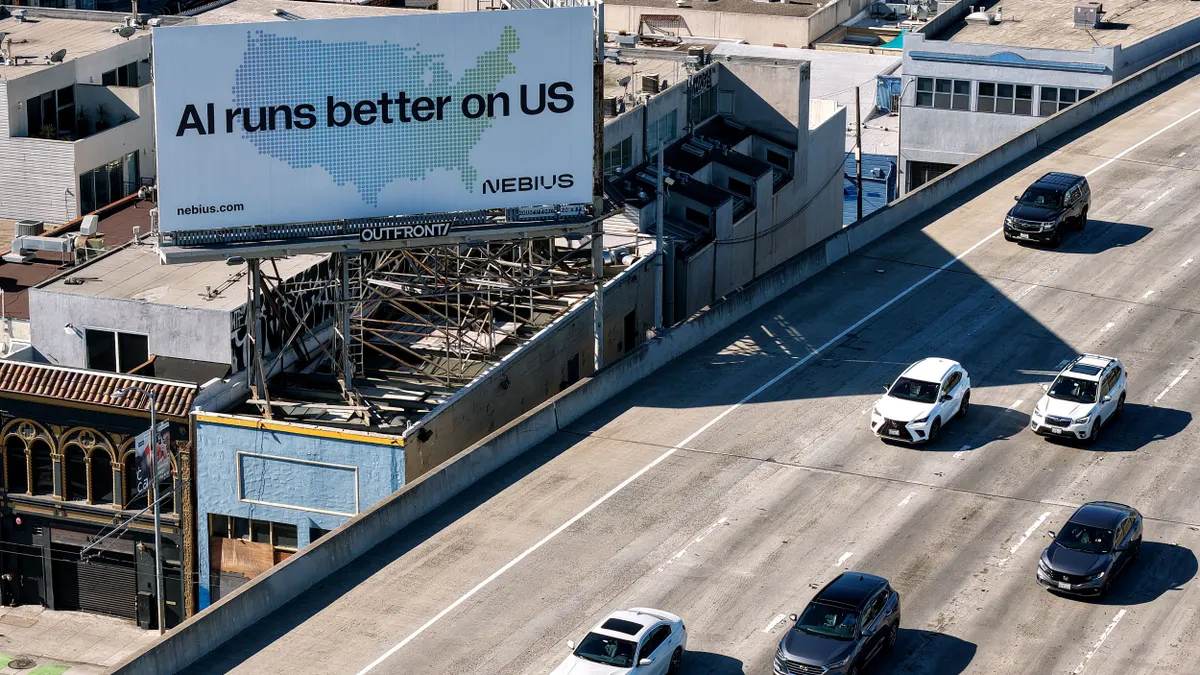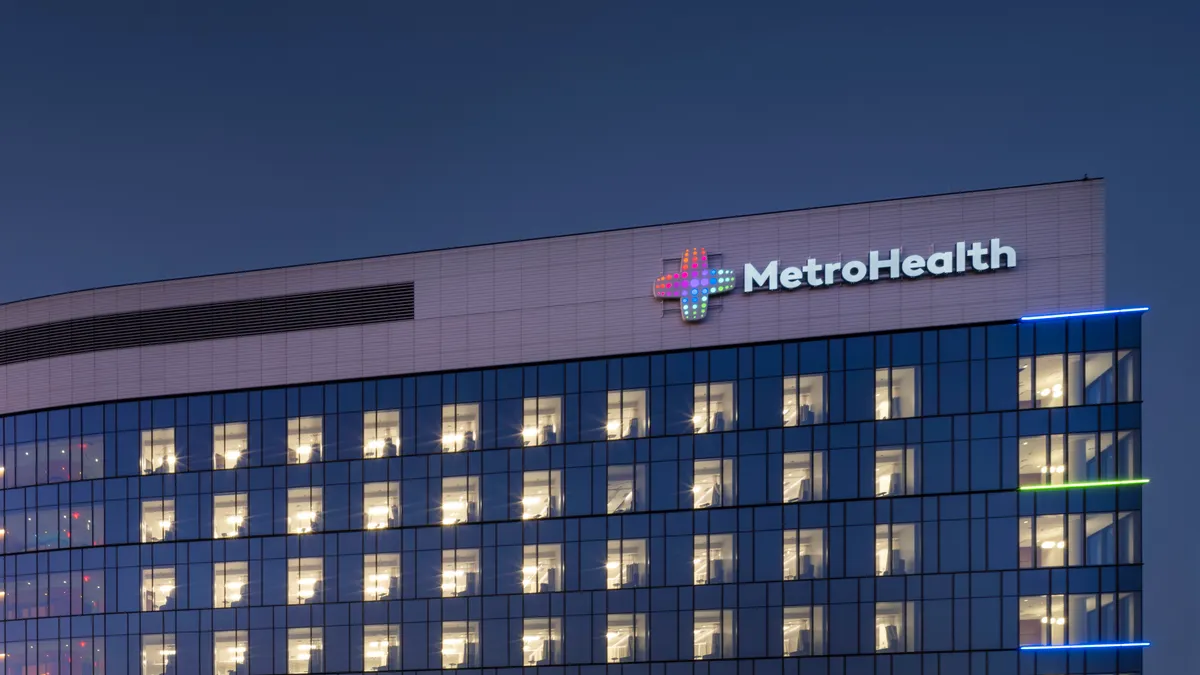Human resources and business leaders are riding the crest of the millennial tidal wave at the moment. The largest generational cohort in history, millennials currently comprise 34% of the global workforce, with projections to reach 50% by the year 2020. And they’re having a significant – and positive – impact on the way we work.
With demands for flexibility, a need for meaningful and purposeful work, a focus on health, new expectations of their employers, a desire for social connection, a need for real-time feedback and recognition and a reliance on technology that is unmatched by their predecessors, millennials are challenging HR leaders and executives alike to rethink how they attract, inspire, cultivate and retain talent.
As the CEO of Virgin Pulse, a global provider of technology that facilitates employee wellbeing and engagement, I am witnessing firsthand how millennials are shaping organizations – not just at Virgin Pulse, but across companies spanning a myriad of industries, geographies and sizes. Any organization looking to grow and remain competitive needs to adapt quickly, take bold risks, be comfortable utilizing modern technology in the workplace, value autonomy, communicate frequently and respond to ever-changing consumer expectations.
To take advantage of this opportunity, organizations are incorporating millennial-specific programs into their cultures. At Virgin Pulse, we’ve introduced the EPIC program, which stands for Exceptional Potential Early-in-Career hires. This training program is designed specifically for the millennial hire entering the workforce, and tailored to this generation’s desires, needs and expectations. The key components can be implemented in any workplace.
Provide feedback and recognition
Millennials are a generation that relies on constant communication. In the workplace, this means ongoing feedback on job performance. For those of us who climbed the corporate ladder with annual performance reviews, continuous conversations can feel like overkill. But they are a critical part of retaining and cultivating millennial leaders.
A study from Clutch found that 72% of millennials who receive accurate and consistent feedback find their jobs fulfilling. Of those who did not receive consistent feedback, only 38% were fulfilled. For this reason, our EPIC program is centered on frequent check-ins. Each member of the program receives a personal career coach, monthly development meetings and regular mentorship from senior leadership.
Offer flexibility
Perhaps the most obvious way that millennials are impacting workplaces is through their demands for flexibility. Millennials need variety, change and growth. Only 31% expect to stay with their current company for the next five years. This flight risk is a huge liability for organizations looking to cultivate internal leaders. To combat this turnover, employers need to offer flexibility.
Offering job rotation opportunities, coupled with ongoing mentoring, dedicated training and regular feedback sessions — both structured and unstructured — allows us to keep talent within our organization while ensuring employees are engaged in their work.
Cultivate a culture of wellbeing
A recent study from Fidelity found that millennials are willing to take, on average, a $7,600 pay cut in return for better work-life balance, quality of work life and company culture. In addition, a Gallup poll found that 57% of millennials feel work-life balance and wellbeing are “very important” to them.
This is a generation intensely focused on wellbeing. And it makes sense. With an innate acceptance of technology and the always-on work demands that come with it, millennials seek out workplaces that allow them to integrate work and personal life through benefits, workplace wellness programs and mentorship focused on individual goals and needs.
Share the greater purpose
There is a lot of publicity around the altruism of millennials. This is a socially-conscious and politically-active generation. But what’s less publicized is how business enables millennial altruism. A study conducted in 2014 found that of the 84% of millennial employees that had made a charitable donation that year, 22% did so through their company. Separately, the 2017 Deloitte Millennial Survey found that 76% of millennials surveyed believe business is a force for positive social impact.
Opportunities to donate time and/or money, plus strong sustainability and corporate social responsibility initiatives, can link a millennial employee to the larger impact of their work. In fact, the same Deloitte survey found that millennials that were given opportunities to contribute to causes through their workplaces showed a greater level of loyalty to their organization.
We’re currently in a job-seeker’s market, and the most successful organizations are those that embrace and exploit these traits to not only attract, but also empower the next generation of leaders. Recent studies have found that 60% of millennials are considering new career opportunities, and 69% of millennials aspire to be leaders in the next five years.
Investing in millennials is a business success strategy for the long term. Today, millennials are the most powerful consumer group in the U.S. and in a few short years, they’ll be the largest workforce our country has ever seen. By taking small, focused and thoughtful steps to create workplace cultures focused on millennial strengths and attributes, you’ll cultivate a class of motivated, loyal, hard-working employees who will ultimately be the leaders in your organizations.
Editor's Note: This is a contributed piece by David Osborne, CEO of Virgin Pulse, an employee wellbeing and engagement platform.




















